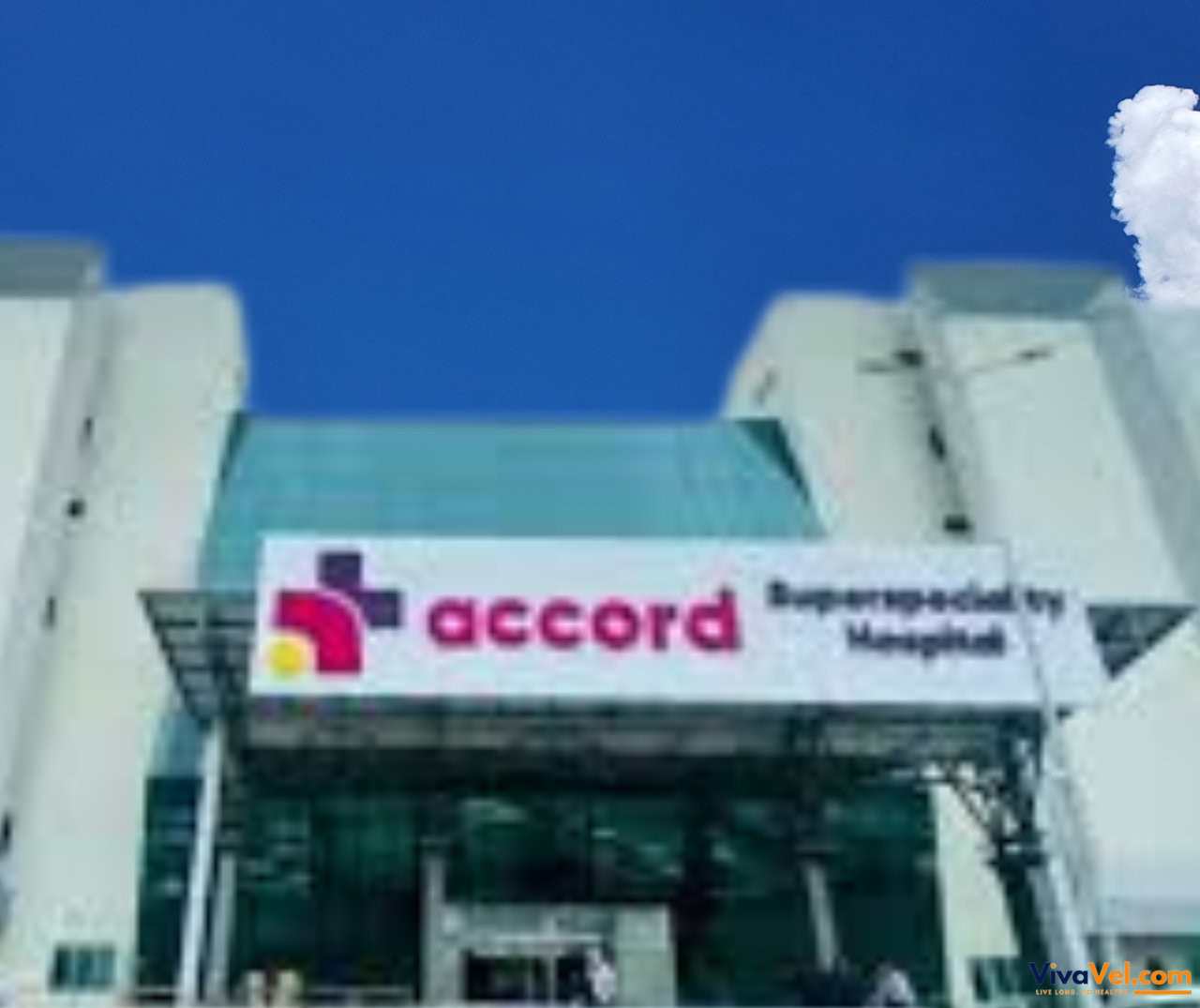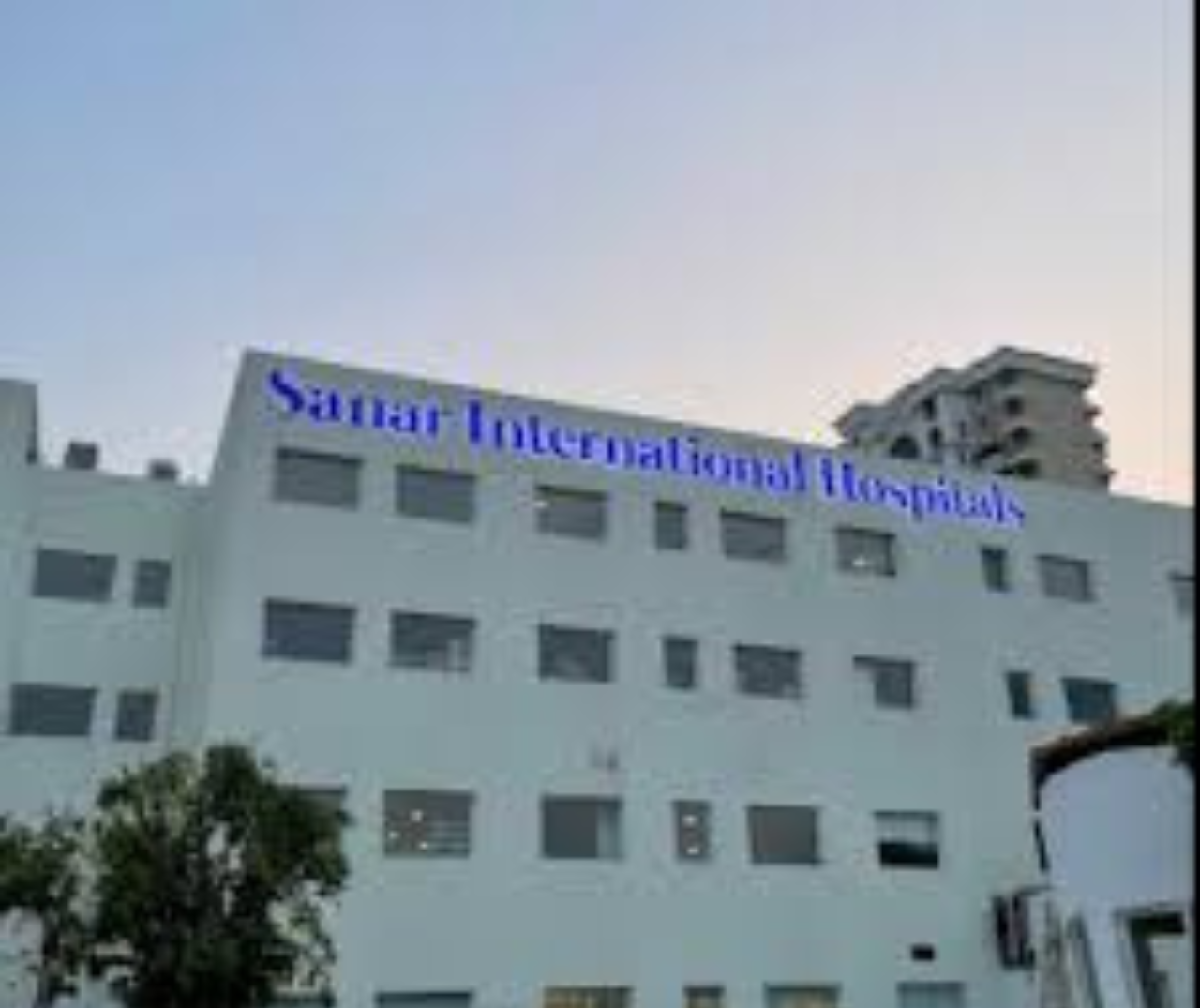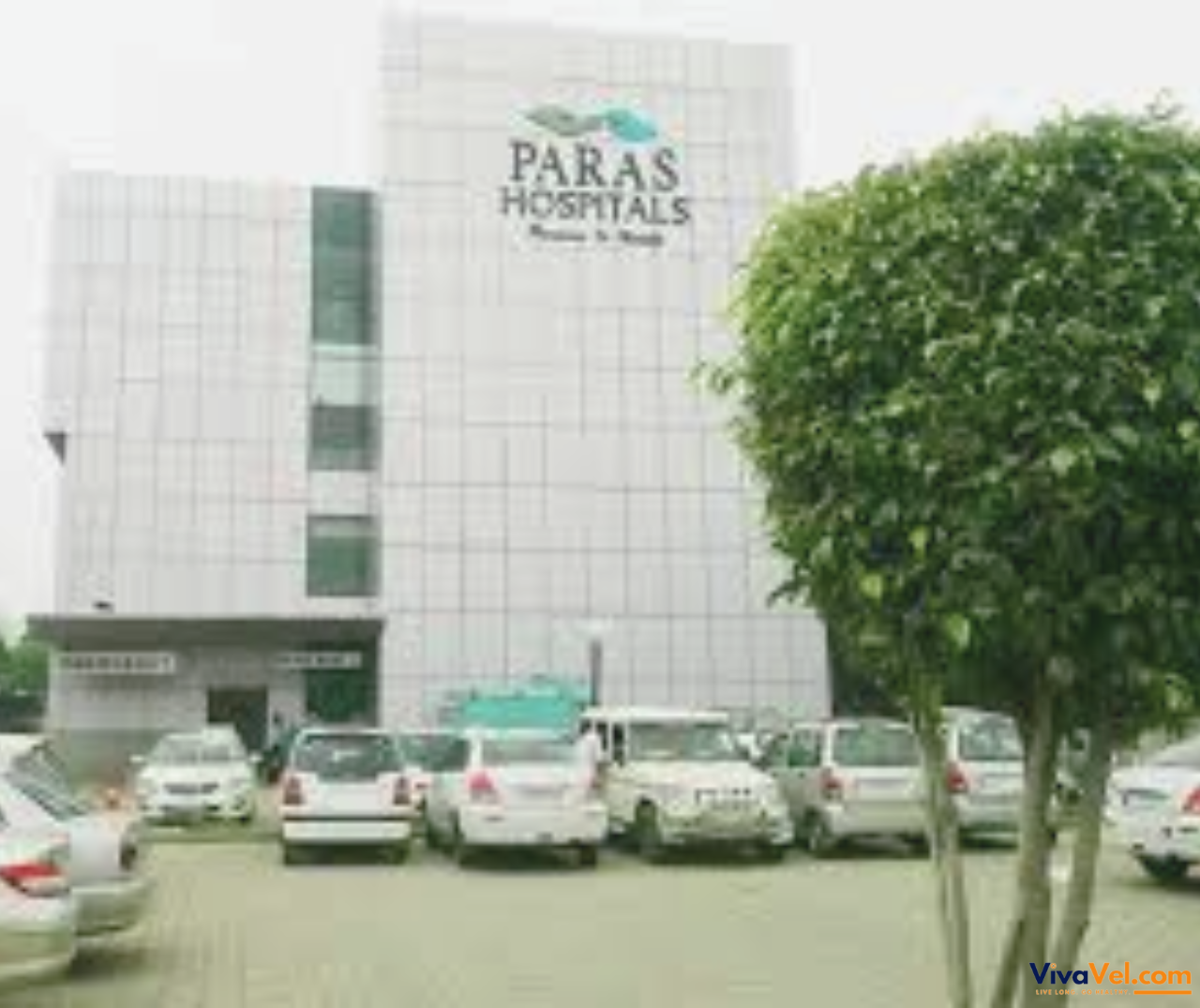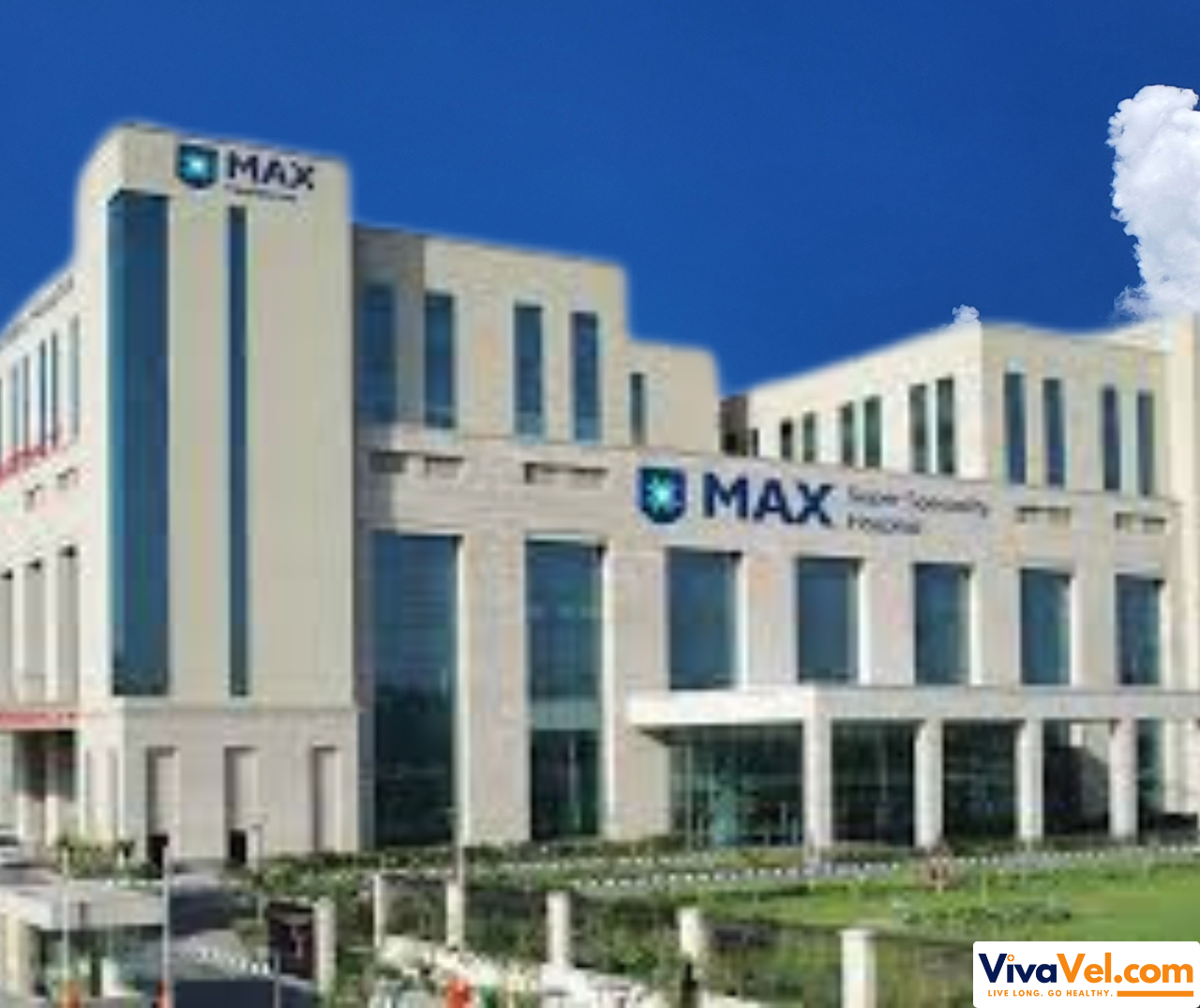info@vivavel.com
+919818262686
+919818262686
 info@vivavel.com
info@vivavel.com +919818262686
+919818262686Kidney surgery is performed when serious kidney issues are not treated with medicines or simple treatments. Some common reasons for kidney surgery include large kidney stones that are too big to pass naturally, kidney cancer, or kidney failure. In kidney failure, the kidney stops working correctly, which may require a transplant or other surgical intervention. Another reason for surgery is when there is a blockage in the kidney that prevents urine from flowing normally, causing pain and potential damage.
Some people may also need surgery to repair damage caused by injury or disease. Sometimes, part of the kidney is removed, while in more severe cases, the entire kidney may need to be removed. Doctors will first try noninvasive methods, like medications or minimally invasive procedures, but if those don't work, surgery becomes necessary. Recovery from kidney surgery can take a few weeks, and patients may need to follow a specific diet and take medications after the operation to help their bodies heal.
 Some symptoms suggest you may need kidney surgery, including:
Some symptoms suggest you may need kidney surgery, including:

Kidney surgery is often required for one of these conditions:
 Experience any of these symptoms or have a condition that is not improving with medication. It may be time to talk to a doctor about surgery:
Experience any of these symptoms or have a condition that is not improving with medication. It may be time to talk to a doctor about surgery:
 Before deciding on surgery, doctors will run several tests to diagnose the problem and evaluate kidney function:
Before deciding on surgery, doctors will run several tests to diagnose the problem and evaluate kidney function:
 Do's:
Do's:
 Don'ts:
Don'ts:
NOTE:
Our medical content authors have diligently gathered and synthesized information on this topic to offer valuable insights to our readers. Drawing from a range of reputable medical journals and health resources, this content aims to enhance understanding of the subject. It's important to remember that while this information is informative, it should not replace personalized consultation or treatment from a qualified physician. For further details, please refer to our Editorial Policy.
For this topic, our authors used some of the following resources:





![]() Pusa Road, Radha Soami Satsang, Rajendra Place New Delhi, 110005 India
Pusa Road, Radha Soami Satsang, Rajendra Place New Delhi, 110005 India



![]() Budena Village, Sector 86, Faridabad, Haryana 121002, India
Budena Village, Sector 86, Faridabad, Haryana 121002, India



![]() Golf Course Rd, Parsvnath Exotica, DLF Phase 5, Sector 53, Gurugram, Haryana Gurgaon, 122022 India
Golf Course Rd, Parsvnath Exotica, DLF Phase 5, Sector 53, Gurugram, Haryana Gurgaon, 122022 India



![]() C-1, Sushant Lok- 1, Sector-43, Phase- I, Gurugram, Haryana, 122002
C-1, Sushant Lok- 1, Sector-43, Phase- I, Gurugram, Haryana, 122002



![]() Mussoorie, Diversion Road, Dehradun, Uttarakhand 248001
Mussoorie, Diversion Road, Dehradun, Uttarakhand 248001


Dr. Jitendra Kumar is a famous name in nephrology and is renowned as the top kidney specialist in Faridabad, India. He completed his DM (Nephrology) at the Sanjay Gan...

Dr. Narula has received numerous prestigious awards, including the Air Marshal Ajit Nath Award, Maj Gen Amir Chand Award, Chief of Naval Staff Award, Best Officer Award, and ...

Dr. Sanjeev Gulati is an Executive Director in the Department of Nephrology & Kidney Transplant and previously worked as an Additional Professor in Nephrology at Sanjay G...

Dr. Paresh Jain is the director of urology and has over 16 years of rich experience. He specializes in Laparoscopic Urology, Endourology - URS, PCNL, RIRS, TURP, Lase...

Dr. Akash Gupta is a renowned nephrologist and kidney transplant specialist in New Delhi. He is an Associate Consultant in Nephrology at Escort Fortis and brings over...

Dr. Sonal Dalal is a highly respected nephrologist in Ahmedabad. She is renowned for her extensive experience and expertise in kidney-related ailments. She se...
Treatment Plan & Cost within 2 days
